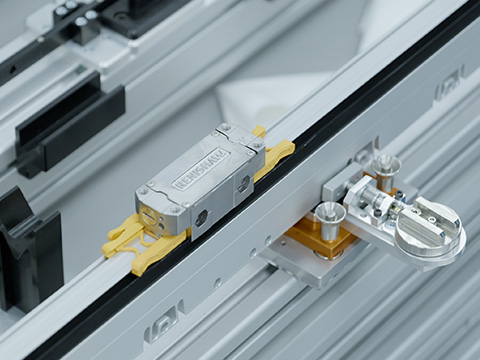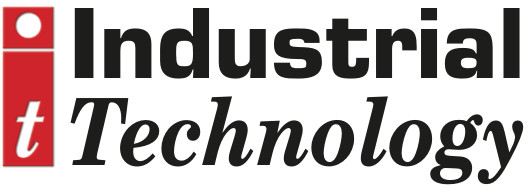
Posted to News on 17th Mar 2025, 12:00
Addressing the three key challenges for machine tool encoders
Renishaw set out to design a linear encoder that addresses three common challenges: installation, leakage and vulnerability to vibration. Corrie Fearon, Product Manager at Renishaw introduces the FORTiS enclosed optical encoder.

(See Renishaw at Machine Building North, 10 April 2025, on stand 78)
Rather than replicating existing products, Renishaw chose to learn from real-world experiences, using customer feedback to guide it in making a better product. To this end, the company introduced a partner development programme involving a wide range of trusted customers, including our own manufacturing team.
The company was humble enough to accept that there were things it didn't yet know, so it listened closely to key customers in the industry to find out what they liked and disliked about existing products. The feedback was very clear that there were three main challenges: installation, leakage issues and vulnerability to vibration.
To address the notion that machine tool encoders are tricky to install, Renishaw set out to specifically design FORTiS encoders for assembly operator installation. An intuitive set-up LED ensures right-first-time installation, confirming correct installation with a simple blue light. This simplicity cuts down on potential errors and ensures fast and efficient setup.
Regarding leaks, Renishaw made the FORTiS encoder's lip seals much tougher against wear, laceration and the wide range of chemicals used in modern coolants. The unique DuraSeal lip seal reduces leakage by up to 70 per cent, providing better protection against contamination.
When it comes to vibration, the FORTiS system features integrated tuned mass dampers. This reduces vibration in the encoder's readhead by over 80%, significantly improving rigidity and positional stability in high-vibration environments.
Acting on customer feedback
Renishaw started with a technology demonstrator and refined it until it felt confident enough to share the encoder with members of the partner development programme. Once it better understood the partners' installation environments, it became clear why this was an important enhancement. It's these small, yet significant, additions that make the FORTiS encoder so much better.
Renishaw also had to prove that the FORTiS system would withstand even the harshest machine tool environments. The company engaged diverse machine tool users, including those using high-end machines that chase nanometre precision. It spoke to customers using grinding machines, which generate very abrasive particulate contamination, as well as those operating high-speed machining centres prone to shock and vibration.
The company also collaborated with customers in the oil and gas industry, using machines in remote, extreme locations and with little available maintenance. The goal wasn't just to meet the toughest standards; it was to exceed them. Extreme testing confirmed the FORTiS encoder's durability, proving it to be a reliable product.
Ramping up production
The transition from small-scale development to mass production is always a challenge, and the FORTiS encoder was no exception. During early stages of production, engineer-level processes were vital for quality control. As Renishaw moved into mass production, it became crucial to maintain quality throughout this phase. Using the New Product Introduction (NPI) process, Renishaw ensured strict quality control.
During this phase, engineers in Renishaw's NPI areas worked closely with the product development team. They quickly alerted the team when issues arose, allowing the company to maintain consistency and quality. By the time the product moved to full production, the team was already familiar with every detail of the process. This handover ensured that Renishaw could ramp up production while still maintaining control and quality standards.
The FORTiS encoder was meticulously developed to address the common challenges that have long plagued the machine tool industry - difficult installation, vulnerability to leaks and susceptibility to vibration. By overcoming these obstacles, the FORTiS encoder not only improves the reliability and precision of machine tools but also sets a new standard for what's possible in harsh environments.









